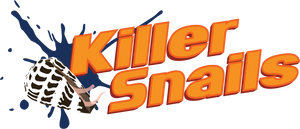How do games, apps, or emerging digital technologies affect the well-being of children?
The RITEC (Responsible Innovation in Technology for Children) project is a collaboration between UNICEF and LEGO group that has developed a framework to map how the design of children’s digital experiences affects their well-being, and help designers promote positive well-being through digital experiences. The Phase 2 report, released in April 2024, defines key concepts and empirically validates the eight elements of the framework.
As Shuli Gilutz, Programme Officer for Child Rights & Digital Business at UNICEF, explained, subjective well-being is a child’s feelings and experiences, such as feeling happy or hopeful about the future. Well-being is distinct from child’s rights: it’s possible to live in an affluent household and have access to quality education but have low subjective well-being, and it’s also possible to lack important legal rights but have high, positive experiences of well-being.
Since April, the RITEC collaborators have been consulting with practitioners like us who design and build digital experiences for children around the world. The goal of those sessions was to think about how these findings can be implemented in the design process, translate the research into practice, and ultimately refine a flexible Design Toolbox.
On Wednesday, Corinne Brenner, our Director of Learning, had the opportunity to meet with project partners from the Joan Ganz Cooney Center, Sesame Workshop, UNICEF, Lego Foundation, and other makers to think through some use cases with the prototype Design Toolbox, discuss our needs from creative and business perspectives, and contribute to testing the usability of elements of the Toolbox. The session also included thinking through how to grow and contribute to a community of practice around these issues and resources, and continue the conversation online and in convenings in person.
We are excited to stay involved with this new community of practice!


